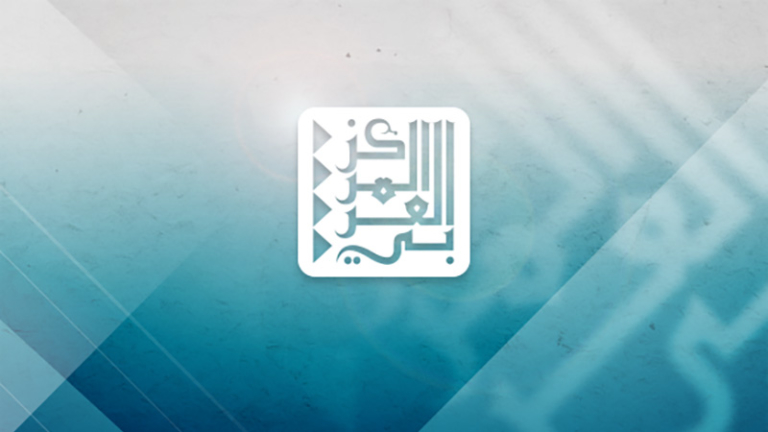
Lebanon has just finished a feverish election campaign for its 128-seat Chamber of Deputies. This round followed a nine-year period in which this basic democratic practice was thwarted because of serious differences between the country’s political elites and factions about a new electoral law. Instead, the incumbents renewed their own terms three times until the magic wand of political compromise finally broke the logjam and a new law for proportional representation within a delicate confessional balance was passed in June 2017. In October 2016, the same representatives had broken another impasse and elected Michel Aoun president of the republic after a presidential vacuum that had lasted since May 2014.
Indeed, the presidential delay and the long parliamentary election drought had put Lebanon’s procedural democracy on hold. A stubborn decay had settled in state institutions at a time the country was experiencing security and social strains resulting from a nonresponsive government, in addition to Syria’s devastating civil war and its challenges. Exacerbating the political lethargy and uncertainty was—and remains—an extralegal commitment by Lebanon’s Hezbollah to fight alongside the Syrian regime and its leader, Bashar Assad, in accordance with the policies of the party’s patrons in the Islamic Republic of Iran.
The May 2018 elections were predicted to return many of the old faces to parliament, even though close to 1,000 candidates ran, almost 100 of whom were women. Final results gave the edge to Hezbollah-affiliated and pro-Syrian political forces and personalities, totaling 67 seats; this edge, however, remains below the two-thirds majority needed for an unbreakable lock on important issues. Some formerly formidable blocs lost a good number of seats, such as Prime Minister Saad al-Hariri’s Future Movement, which lost at least 12. Others made substantial strides, such as the Lebanese Forces Party of former warlord-turned-national figure Samir Geagea, whose presence in parliament has been augmented from eight to 15 seats.
With the election now over, a few observations are evident and essential for understanding Lebanese politics in the coming four years. First, the low cumulative voter turnout of 49.2 percent reflected public disenchantment with incumbent politicians who, since 2009, have presided over a deteriorating public sector and infrastructure, a heavily indebted economy, and an overburdened social security network. Many of the incumbents were reelected, affirming the perpetuation of old patronage networks and relations by established political parties and personalities. Only one independent, journalist Paulette Yacoubian, was elected, despite the fact that Lebanon’s civil society organizations enjoy widespread support. Positively, however, six women, including four new candidates, were elected while women’s participation in voting topped 50 percent.
Second, as predicted, the new electoral law of proportional representation––used for the first time––has given Hezbollah an advantage. Two specific factors have assisted in this regard: the dominance the party and its ally, the Shia Amal movement, have maintained in their respective areas and Hezbollah’s advantage in sponsoring small parties and like-minded personalities who, over the years, were able to provide additional political clout in the country. It is doubtless that Hezbollah’s now-12-year alliance with President Aoun’s Free Patriotic Movement (FPM, the largest Christian bloc with a cumulative 29 seats) has given the party the pan-sectarian support it needed in many areas of the country. In the end, the Hezbollah-Amal-FPM alliance, with the help of other smaller parties, will likely be deciding the country’s direction over the next four years.
Third, the overall picture of the Lebanese political landscape does not seem to have changed much, despite the obvious swing in favor of Hezbollah and its affiliates, who did not constitute the majority in the outgoing parliament. Since 2008, Hezbollah’s use of its military arm domestically against other political forces in the country—specifically, Hariri’s Future Movement—illustrates its behavior outside the constitutional confines that limit activities of political parties. After the clash that year, the party has forced both the collapse and formation of national governments as well as the choice of premiers and individual ministers.
In 2012, Hezbollah threw its full weight in the war for Syria on the side of Bashar Assad, as if it controlled Lebanon’s foreign policy. It has helped to train pro-Iranian Shia parties in Iraq and has assisted Yemen’s Houthis. From time to time, its secretary general, Hassan Nasrallah, has gone out of his way to verbally attack Arab regimes in the Gulf. On May 1, Morocco severed relations with Iran because of alleged Hezbollah assistance to Western Sahara’s Polisario movement. In other words, and without discounting the significance of the party’s latest electoral victory, Hezbollah’s achievement of a majority in the Chamber of Deputies does not change its status; rather, it only codifies the party’s previous position as both a state-within-a-state and a decisive influencer of official policy.
Fourth, it is hard to know how Lebanese politics and the regional environment may change in the next four years, after which it will be time to elect a new parliament in Lebanon. In 2022, when President Michel Aoun will be 87, the country will also elect another president. Despite the appearance of comity between Hezbollah and the Free Patriotic Movement, there is always the possibility that their alliance will not survive the increasingly deteriorating condition of the Lebanese economy and the long-term problems associated with the presence of close to a million Syrian refugees in Lebanon. Then again, their alliance has already lasted 12 years under very difficult circumstances.
One thing is sure, however: Lebanon will continue to deal with profound domestic political, economic, and social problems and a very unstable regional environment. Its most serious external challenge will also continue to be the Syrian civil war. The new Chamber of Deputies should therefore be ready to engage in informed debate and consider helpful legislation. These legislators should also view as essential their constitutional role of checking executive power and duly representing the interests of the Lebanese people.

